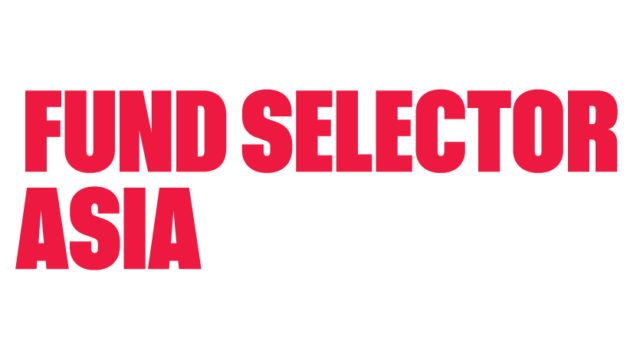However, a survey of some 59 asset managers carried out in July by Cerulli, in collaboration with Citi Investor Services, found that although a minority believe the Hong Kong/China mutual recognition project represents a “major” threat to Ucits, “the majority believe that regulators should keep an eye on developments in Asia, and make efforts to maintain the competitiveness of the [Ucits] brand,” a summary of the findings of the new Cerulli research says.
It adds: “As the essence of a good brand is simplicity, European regulators need to make sure that Ucits reflects that.”
Just 15.5% of those surveyed said they thought the mutual recognition programme represented a “major threat” to the Ucits brand, compared with 67.3% who thought it represented “somewhat of a threat”, and 17.3% who saw it as “not a threat at all”.
Asked about how much of a threat an “Asia-wide fund passporting solution” would pose to Ucits, 25% saw this as a “major threat”, 65.4% as “somewhat of a threat” and 9.6% as “not a threat”.
Ucits, or Undertakings for Collective Investment in Transferable Securities funds, is the name given to a category of collective investments that are manufactured and marketed according to a set of European Union directives designed to enable collective investment schemes to be marketed across Europe’s borders, with authorisation from just one member state. The idea was first conceived and launched in 1985, and updated in 2001, as Ucits III.
The reason those involved in the manufacture and marketing of Ucits products might be concerned about the growth of an Asia-based rival is because at the moment, Asia is the main importer of Ucits funds outside of Europe, according to Cerulli.
Groundwork being laid
As reported, Hong Kong and China have been laying the groundwork for a system that would enable funds domiciled in Hong Kong to be distributed in mainland China, and vice versa.
In July, a study looking at the compatability of the Hong Kong and mainland Chinese regulatory systems was published, which was seen as a key milestone in the march towards establishing the mutual fund recognition regime.
‘Might not work against Ucits’
Angelos Gousios, a senior analyst at Cerulli Associates, noted that the assumption that a bilateral agreement between China and Hong Kong to recognise the mutual funds on offer in the other’s fund houses would automatically be bad news for the Ucits industry might not be the correct one.
“There is nothing to stop China extending its offer to other domiciles such as Taiwan, Singapore, and even countries beyond
Asia, such as Luxembourg,” he said.
“Chinese managers are keen to expand their presence in Europe. For that to happen, regulators in Europe would have to insist that Ucits is part of the deal, and that [its] providers be allowed access to China.”
Barbara Wall, a Cerulli director, added: “Managers should not lose sight of the fact that Europe is still by far the largest market for Ucits, representing three-quarters of total cross-border UCITS assets.
“Asia-Pacific is the second-largest market, but the region had only 15% [a] market-share at the end of 2012, [representing] a modest two percentage point increase since 2009.”
The Cerulli research into the potential threat to the Ucits brand posed by Asian efforts to establish a regional cross-border alternative is featured in the October issue of the company’s monthly product trends journal, The Cerulli Edge.
More information about this and other Cerulli research may be found on the Cerulli website.

















